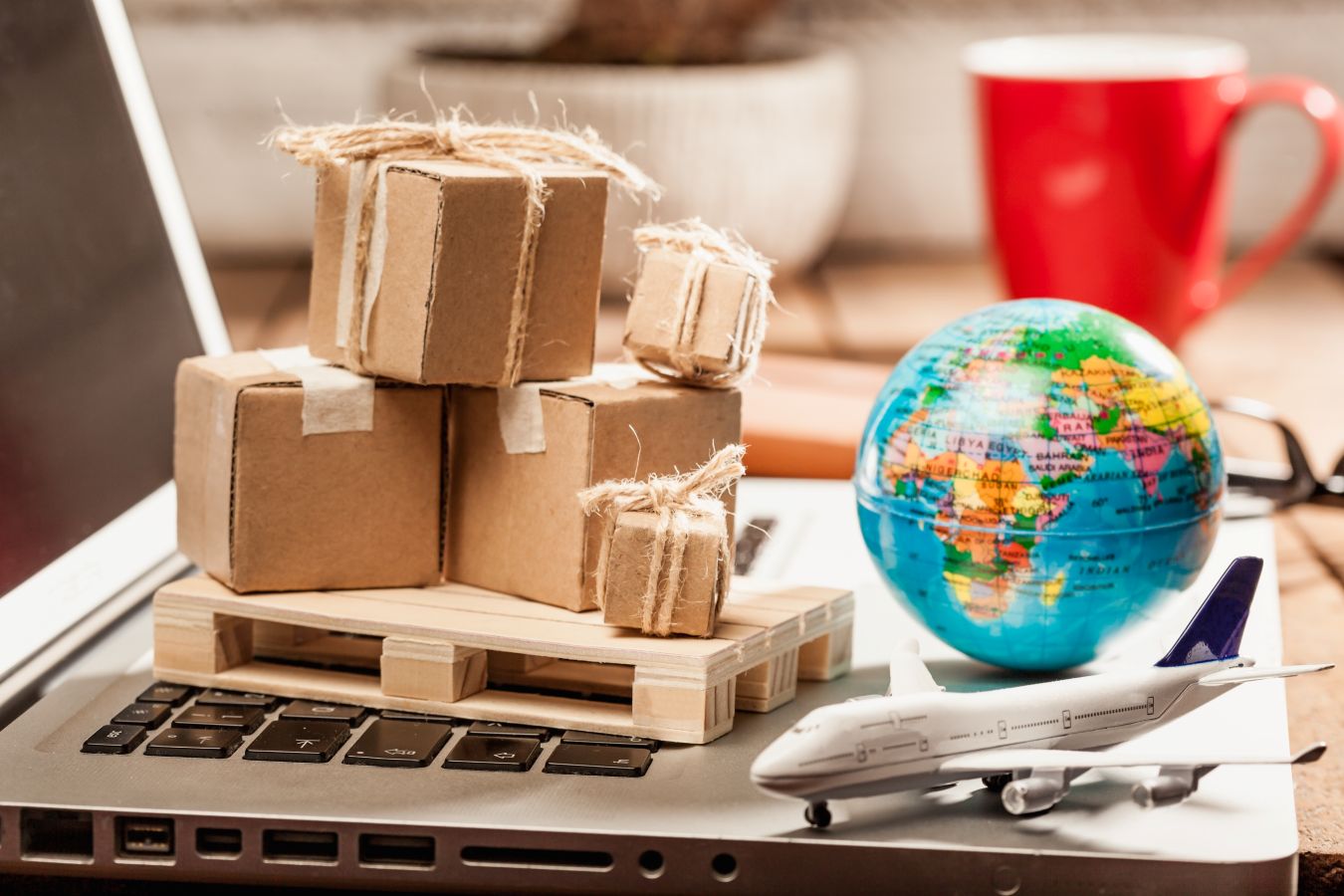Organizations and companies often have innumerable SKUs, which they might want to trade across countries. If, however, there is no uniform system in place to classify their products, and assess any duties and taxes, things can go haywire. This is why they need to adhere to Tariff Codes. These are standardized codes that range from 6 to 10+ digits, and are used by customs authorities worldwide to identify products for assessing duties and taxes, gathering trade statistics, and monitoring controlled goods. With a company that aims to export the hundreds and thousands of products it manufactures, adhering to these codes can be a tedious and time-consuming task. Moreover, tariffs are constantly changing, so keeping a manual check on these is also impossible.
This is exactly why there is a need for companies to switch to an automated system that matches products to their respective codes accurately and without any hassle.
